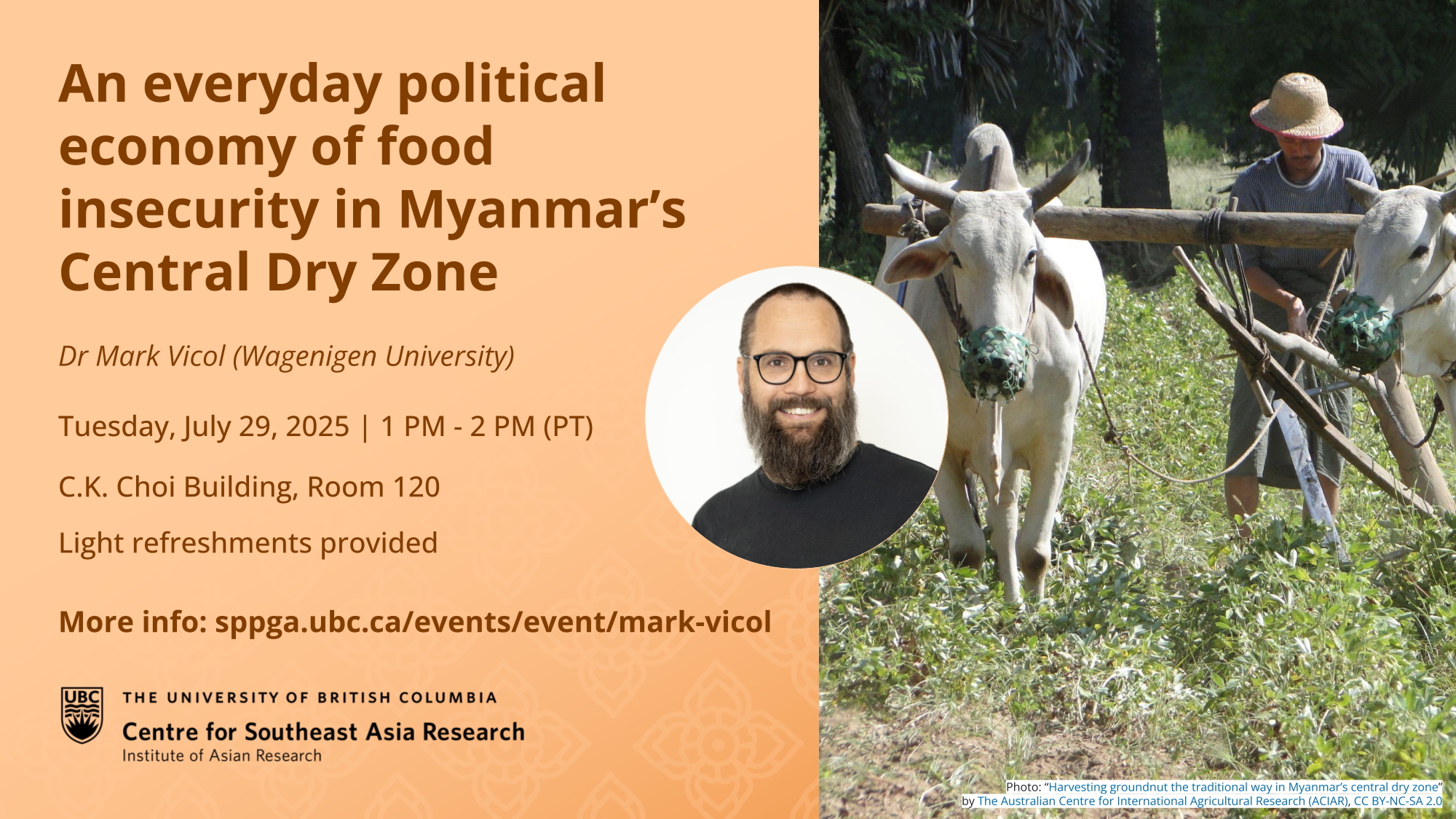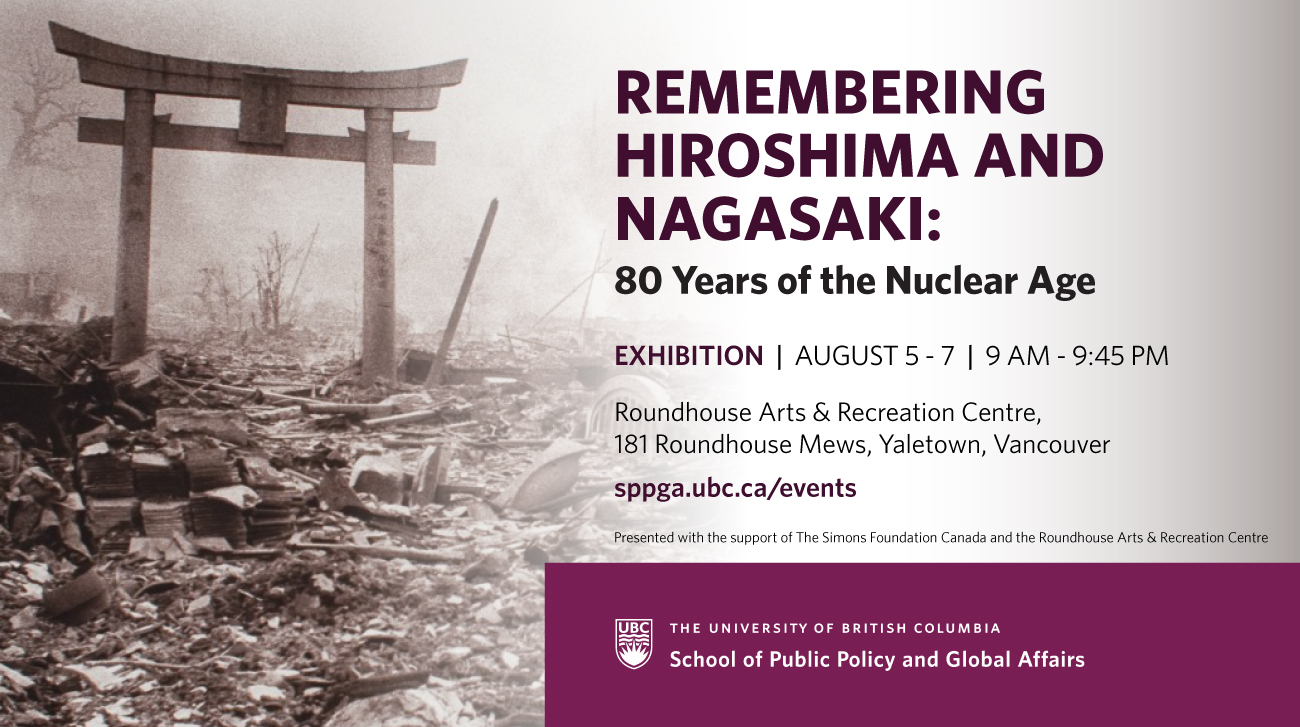RETHINKING TIME IN INDIGENOUS TERRITORIES: TRANSFORMATIVE EVENTS AND PERSONHOOD AMONG THE WAYUU OF COLOMBIA
Weildler Guerra, Universidad de Los Andes (Bogotá, Colombia); Visiting Scholar, School of Social Work and Institute for Gender, Race, Sexuality and Social Justice
UBC Coach House, Green College, UBC
Tuesday, November 27, 5-6:30 pm, with reception to follow in the series Green College and School of Social Work Special Lecture / Actors on the Anthropo(s)cene
Environmental and other conflicts associated with development projects in Indigenous territories are the result of ontological disagreements—disagreements about how to be in the world. The Wayuu are an Indigenous group of the Guajira Peninsula in the northernmost part of Colombia and northwest of Venezuela. In this talk, Wayuu anthropologist Weildler Guerra examines Wayuu thinking about personhood and the relationship of human to non-human beings, such as the sea, the winds, the territory, animals and plants. In the Wayuu worldview, time is both transhistorical and transformative: there is the time of Wayuu sumaiiwa (primordial order, origins of the world and transhistorical time), and the time of A’wanajawaa (transformative time, unfolding events). Weildler Guerra explores contemporary Wayuu notions of time, event and personhood in relation to the non-human world with an eye to their implications for development and environmental interventions.
Support for this event is provided by the Memory and Justice Stream in the Institute for Social Justice and by SPPGA Professor Erin Baines, the Ivan Head South-North Chair at the Liu Institute for Global Issues.
Weildler Guerra Curvelo is a member of the Uliana Clan of the Wayuu nation associated with the territory of Manuyaluu (Carrizal), Uribia, La Guajira. He has served as a consultant and politician advocating for Indigenous Peoples’ cultural heritage protection, and is the author of several books. Currently, he is the director of the Cultural Centre (Banco de la República) in the Islands of San Andrés, Providencia and Santa Catalina, and a PhD Candidate in Anthropology at Universidad de Los Andes (Bogotá, Colombia).

